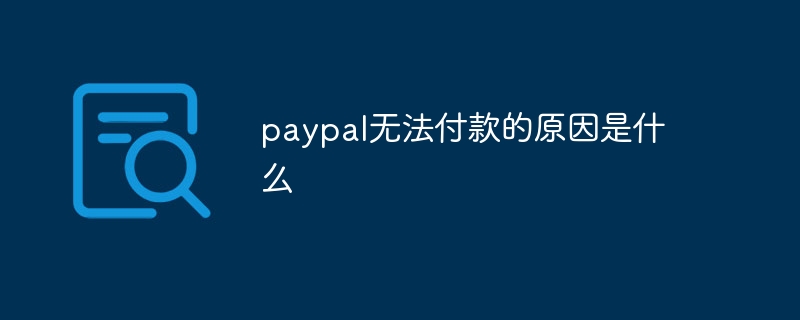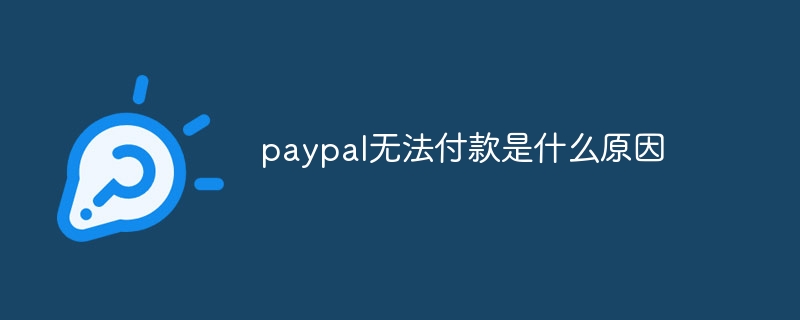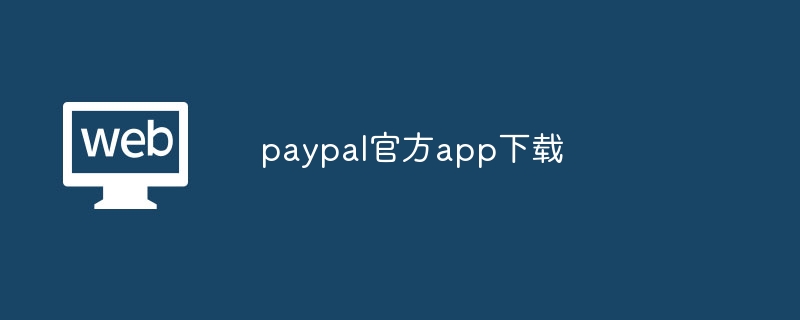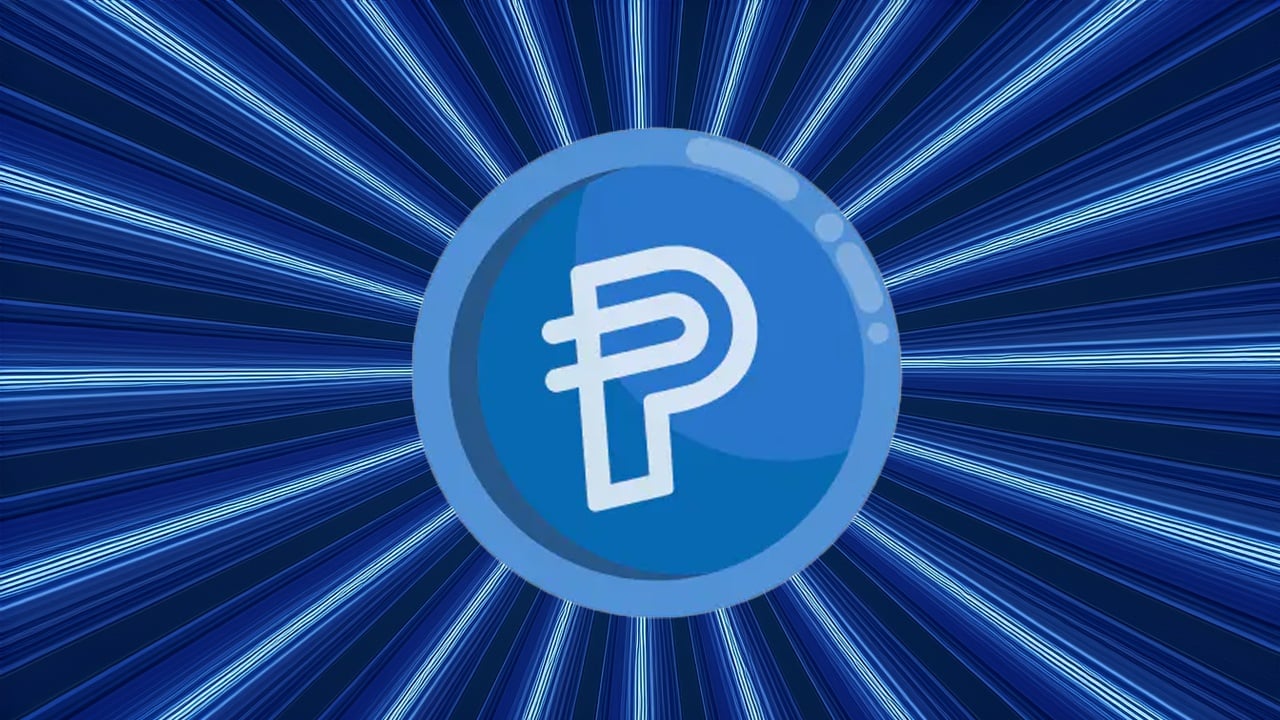Anchorage Digital, a U.S. crypto firm with a bank charter, and PayPal are collaborating to offer PYUSD holders interest rewards.

PayPal is enhancing its stablecoin efforts by introducing an interest rewards program for holders of its dollar-pegged PYUSD stablecoin, in collaboration with Anchorage Digital. This program marks the latest development in PayPal's broader initiative to expand the adoption of its stablecoin.
Anchorage Digital, a U.S. crypto firm with a bank charter, is partnering with PayPal to offer interest rewards to PYUSD holders. This move is designed to stimulate the utilization of PYUSD, which has encountered challenges in gaining market share since its introduction.
Despite favorable market reception, the company's stablecoin has a relatively small market capitalization, estimated at less than $1 billion, compared to competitors like Tether, which boasts a market cap exceeding $117 billion.
The program provides incentives to accredited investors who hold PYUSD through Anchorage Digital's bank, its Singapore-based entity, or the non-custodial wallet Porto. These rewards will stem from the interest generated by the underlying assets backing the stablecoin, such as U.S. Treasuries, and will not be classified as a marketing expense.
As this PayPal rewards program unfolds, the legal landscape for stablecoins in the U.S. remains murky. The SEC has asserted that certain stablecoins should be classified as securities, while federal courts have not always concurred with this view.
The above is the detailed content of PayPal PYUSD Introduces Interest Rewards With Anchorage Bank. For more information, please follow other related articles on the PHP Chinese website!
 使用PHP和PayPal实现在线支付May 11, 2023 pm 03:37 PM
使用PHP和PayPal实现在线支付May 11, 2023 pm 03:37 PM随着互联网的迅猛发展,越来越多的企业选择将产品和服务线上销售,这使得在线支付成为企业的一大需求。而PayPal作为世界领先的在线支付平台,也成为了许多企业的首选。本文将介绍如何使用PHP和PayPal实现在线支付。我们将分为以下几个步骤:创建PayPal账号和应用集成PayPalSDK获取付款Token处理付款处理付款确认创建PayPal账号和应用要使用P
 paypal无法付款的原因是什么Sep 01, 2023 pm 05:00 PM
paypal无法付款的原因是什么Sep 01, 2023 pm 05:00 PMpaypal无法付款的原因是账户余额不足、付款方式被限制、交易被风控系统拦截、收款方账户问题、网络连接问题以及用户账户异常等。详细介绍:1、账户余额不足,可以通过银行转账或信用卡充值来增加账户余额;2、付款方式被限制,查看付款设置并确保所选的付款方式没有受到限制;3、交易被风控系统拦截,联系PayPal客服,提供相关信息以证明交易的合法性,并请求解除付款限制等等。
 GCash launches PayPal's stable coin, allowing Filipinos to trade cryptocurrency protected from price volatilityJul 31, 2024 am 06:36 AM
GCash launches PayPal's stable coin, allowing Filipinos to trade cryptocurrency protected from price volatilityJul 31, 2024 am 06:36 AMGCash on Tuesday said PayPal USD (PYUSD) tokens could now be traded via GCrypto, an in-app feature powered by the Philippine Digital Asset Exchange, at “low transaction fees.”
 paypal无法付款是什么原因Oct 16, 2023 pm 03:23 PM
paypal无法付款是什么原因Oct 16, 2023 pm 03:23 PMpaypal无法付款是因为付款方式、账户余额、Paypal余额、付款信息、网络问题、Paypal系统、商家和浏览器等问题造成的。详细介绍:1、付款方式,请确使用的付款方式已经添加到Paypal账户中;2、账户余额,确保Paypal账户余额足够支付订单金额;3、Paypal余额,查看账户状态,了解是否存在异常情况;4、付款信息,确保输入的付款信息正确无误,如信用卡号、到期日期等。
 欧洲人用paypal吗Nov 10, 2022 am 10:52 AM
欧洲人用paypal吗Nov 10, 2022 am 10:52 AM欧洲人用paypal,但不是通用的,只有开通的地区才可以使用;PayPal是一个总部在美国加利福尼亚州圣荷塞市的在线支付服务商;PayPal账户是PayPal公司推出的安全的网络电子账户,使用它可有效降低网络欺诈的发生;PayPal账户所集成的高级管理功能,能掌控每一笔交易详情。
 paypal官方app下载Apr 23, 2024 am 10:00 AM
paypal官方app下载Apr 23, 2024 am 10:00 AM要下载 PayPal 官方应用程序,请访问 PayPal 官方网站:https://www.paypal.com/ 单击“下载”,根据您的设备选择相应应用程序商店,搜索“PayPal”,下载并安装,最后登录您的 PayPal 账户。该应用程序可让您轻松管理账户、确保安全、跟踪支出、无缝付款,并适用于 iOS 和 Android 设备。
 Paypal's PYUSD Nears $1B MilestoneAug 17, 2024 am 06:10 AM
Paypal's PYUSD Nears $1B MilestoneAug 17, 2024 am 06:10 AMThe stablecoin asset issued by Paypal is now the sixth largest stablecoin asset today after growing significantly over the past ten days.
 PayPal联手苹果Tap to Pay,数百万美国小企业实现iPhone免接触支付Apr 10, 2024 pm 12:10 PM
PayPal联手苹果Tap to Pay,数百万美国小企业实现iPhone免接触支付Apr 10, 2024 pm 12:10 PM3月8日消息,贝宝(PayPal)控股有限公司近日发布公告,宣布数百万美国小企业,这些企业均是Venmo和PayPalZettle的用户,现在无需任何额外硬件如扩展配件或蓝牙读卡器,只需通过支持苹果的TaptoPay功能,便可仅靠一台iPhone实现免接触式支付。苹果公司于2022年5月推出的TaptoPay功能,使得美国商家可以利用iPhone及与支持商家的iOS应用程序来接受ApplePay和其他免接触式支付方式。通过此服务,使用兼容iPhone设备的用户能够安全地处理免接触式支付以及已启用

Hot AI Tools

Undresser.AI Undress
AI-powered app for creating realistic nude photos

AI Clothes Remover
Online AI tool for removing clothes from photos.

Undress AI Tool
Undress images for free

Clothoff.io
AI clothes remover

AI Hentai Generator
Generate AI Hentai for free.

Hot Article

Hot Tools

Dreamweaver CS6
Visual web development tools

Zend Studio 13.0.1
Powerful PHP integrated development environment

SAP NetWeaver Server Adapter for Eclipse
Integrate Eclipse with SAP NetWeaver application server.

mPDF
mPDF is a PHP library that can generate PDF files from UTF-8 encoded HTML. The original author, Ian Back, wrote mPDF to output PDF files "on the fly" from his website and handle different languages. It is slower than original scripts like HTML2FPDF and produces larger files when using Unicode fonts, but supports CSS styles etc. and has a lot of enhancements. Supports almost all languages, including RTL (Arabic and Hebrew) and CJK (Chinese, Japanese and Korean). Supports nested block-level elements (such as P, DIV),

Atom editor mac version download
The most popular open source editor






